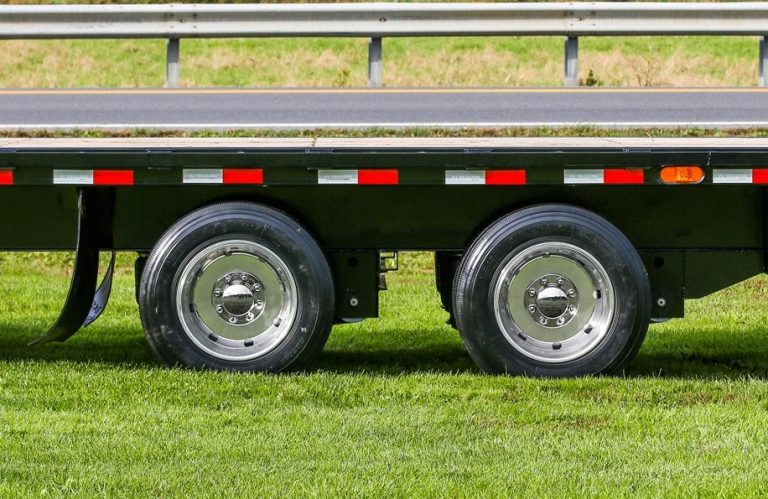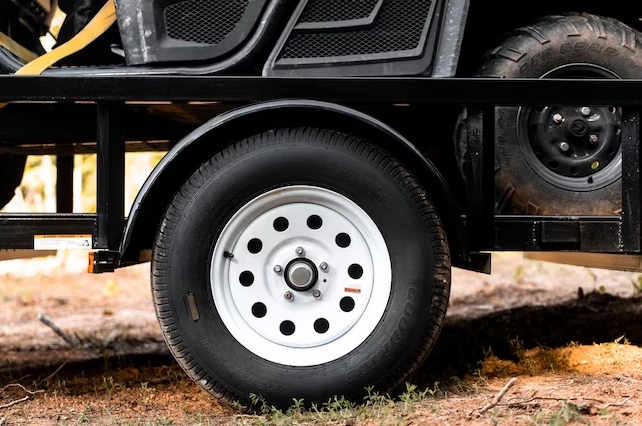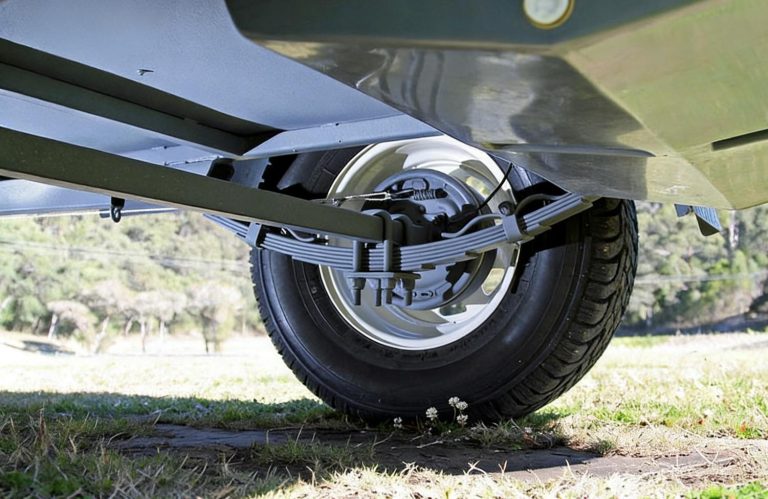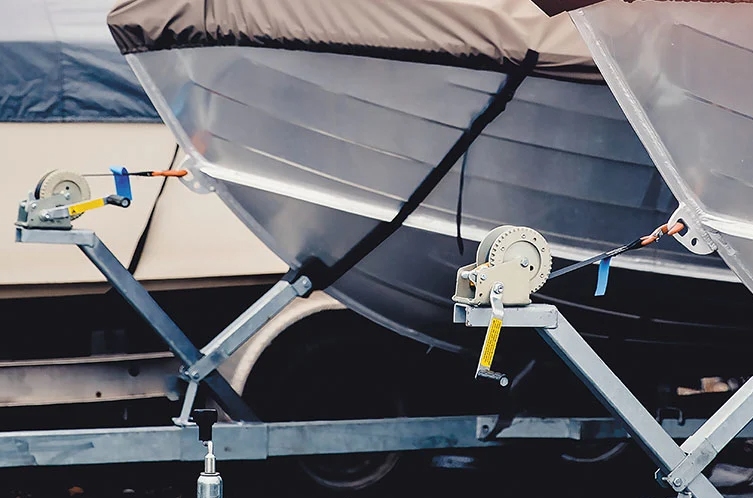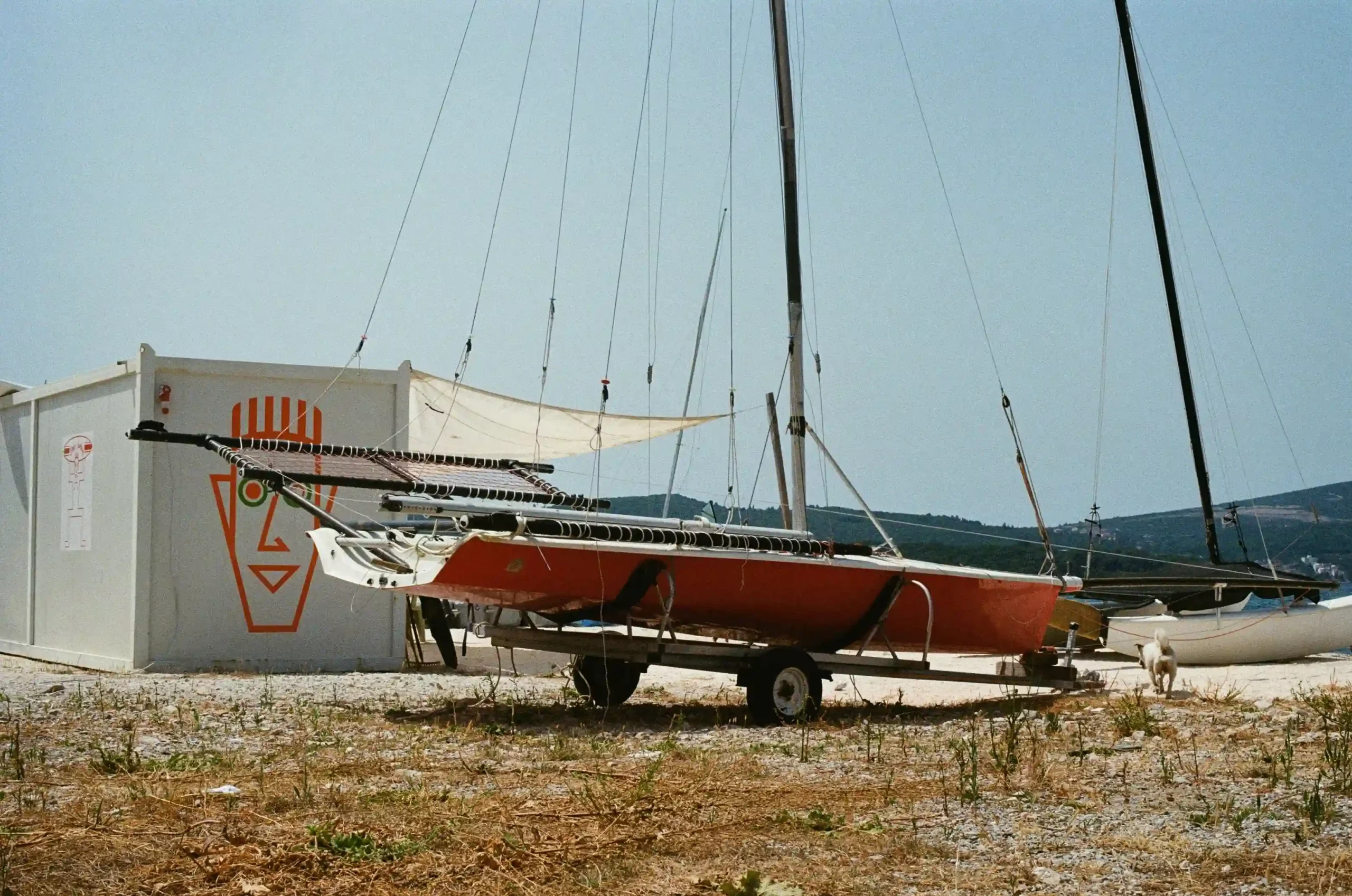
Choosing the right trailer winch is essential for boat owners. It ensures safe and smooth loading and unloading of your boat. A good winch saves time, reduces risks, and extends equipment life. This guide explores key factors like load capacity, cable type, and durability. Whether you’re a casual boater or a professional, understanding these elements helps you pick a reliable winch. Learn how to avoid common mistakes and make an informed choice for your trailer needs.
Understanding how to pick the right trailer winch is important for boat owners. This guide explains the key factors to consider. It helps ensure your winch is safe, smooth, and long-lasting.
Importance of Selecting the Right Trailer Winch
Choosing the right trailer winch matters a lot. It affects how safely and easily you handle your boat trailer. Let’s explore why this decision is so crucial.
- Why It Matters: A well-chosen winch makes loading and unloading simpler. It also reduces dangers and helps your gear last longer.
- Impact: The wrong winch can cause accidents or damage. A good one saves time and effort.
The Role of a Trailer Winch in Boat Loading and Unloading
A trailer winch is a key tool for boat owners. It helps move your boat onto or off the trailer. Here’s how it works and why it’s essential.
- Function: The winch pulls the boat with strong force. This makes loading at ramps or docks easier.
- Benefit: It reduces the need for physical strength. Both casual boaters and experts rely on it.
Potential Risks of Using an Inappropriate Winch
Using the wrong winch can lead to problems. It’s important to understand these risks. This helps you avoid safety issues and equipment damage.
- Dangers: A weak winch may break under pressure. This can cause injuries or harm your boat.
- Other Issues: Wrong cables or parts may slip or snap. This makes loading slow and frustrating.
Key Factors to Consider When Choosing a Trailer Winch
Several factors determine if a trailer winch suits your needs. Evaluating these ensures it works well with your boat trailer. Let’s look at the main ones.
Load Capacity
Load capacity is a critical factor. It determines if the winch can handle your boat’s weight. Understanding this helps you choose wisely.
Calculating the Required Load Capacity for Your Boat
Knowing your boat’s weight is the first step. You also need to consider extra items on board. Here’s how to calculate the right capacity.
- Rule: Pick a winch with at least 1.5 times your boat’s weight.
- Example:
| Boat Weight | Minimum Winch Capacity |
| 2,000 lbs | 3,000 lbs |
- Reason: This accounts for friction and other forces during loading.
Consequences of Overloading or Underloading a Winch
Using a winch with the wrong capacity causes issues. Overloading or underloading both have downsides. Here’s what can happen.
- Overloading:
- Leads to breakdowns or broken cables.
- Creates safety risks.
- Underloading:
- Causes poor performance.
- Wears out parts faster.
- Result: Both shorten gear life and raise repair costs.
Cable Type: Steel vs. Synthetic Rope
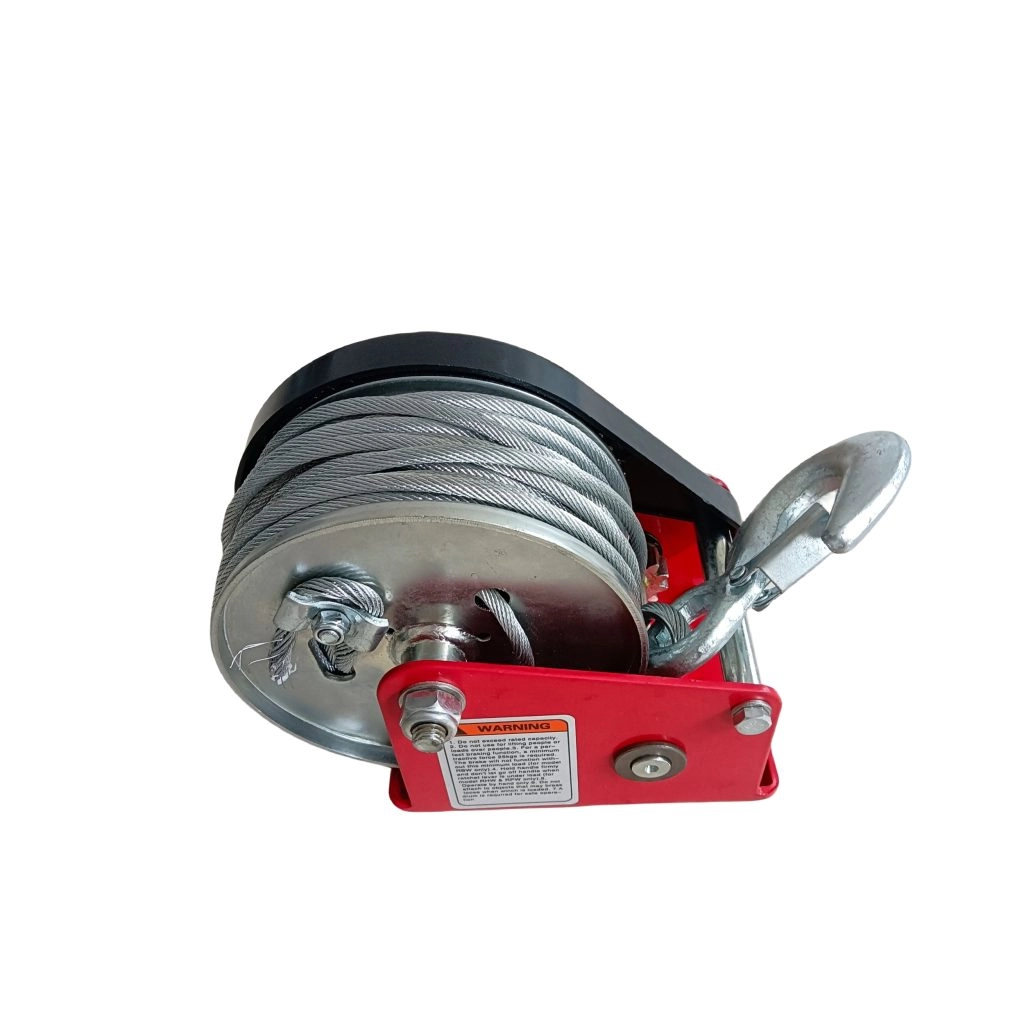
The cable type affects how well the winch works. Steel and synthetic ropes have different strengths. Let’s compare them.
Advantages and Disadvantages of Steel Cables
Steel cables are common for heavy tasks. They are tough but need care. Here’s what you need to know.
- Pros:
- Very strong.
- Lasts long with good care.
- Cons:
- Can rust without protection.
- Heavier than synthetic ropes.
- Best For: Rough conditions.
Benefits and Drawbacks of Synthetic Ropes
Synthetic ropes are another option. They are lighter but have unique challenges. Here’s a breakdown.
- Pros:
- Not heavy.
- Floats on water.
- Cons:
- Needs shielding from sunlight.
- Less resistant to wear.
- Best For: Lighter boats or careful handling.
Electric vs. Manual Winches
Winches can be electric or manual. Each type suits different needs. Let’s explore their features.
Features and Benefits of Electric Winches
Electric winches make pulling easier. They are great for frequent use. Here’s why they stand out.
- Key Features:
- Run by a motor (usually 12V).
- Often include remote control options.
- Benefits:
- Simple to use.
- Loads and unloads quickly.
- Best For: Bigger boats or regular use.
When to Opt for a Manual Winch
Manual winches are simpler and cheaper. They work well for occasional tasks. Here’s what they offer.
- Key Features:
- Operated by hand-cranking.
- Benefits:
- Costs less to buy.
- Needs little upkeep.
- Best For: Smaller boats or rare use.
Durability and Material Quality
A winch must last in tough conditions. The materials used affect its durability. Let’s see what to look for.
Weather-Resistant Materials for Marine Environments
Watery surroundings demand rust-resistant materials. This is key for marine use. Here’s what works best.
- Materials:
- Coated steel parts.
- Strong finishes.
- Why: These fight rust from salty water.
Assessing Build Quality for Longevity
Good build quality ensures a winch lasts. Checking its structure is important. Here’s how to evaluate it.
- What to Check:
- Welds and bolts.
- Overall construction.
- Benefit: High-quality materials wear less. They provide steady performance for years.
Brief Introduction to Go Trailer as a Reliable Trailer Winch Supplier
Qingdao Go Trailer Parts Company is a trusted name. They make top-notch trailer accessories. Let’s learn about their expertise.
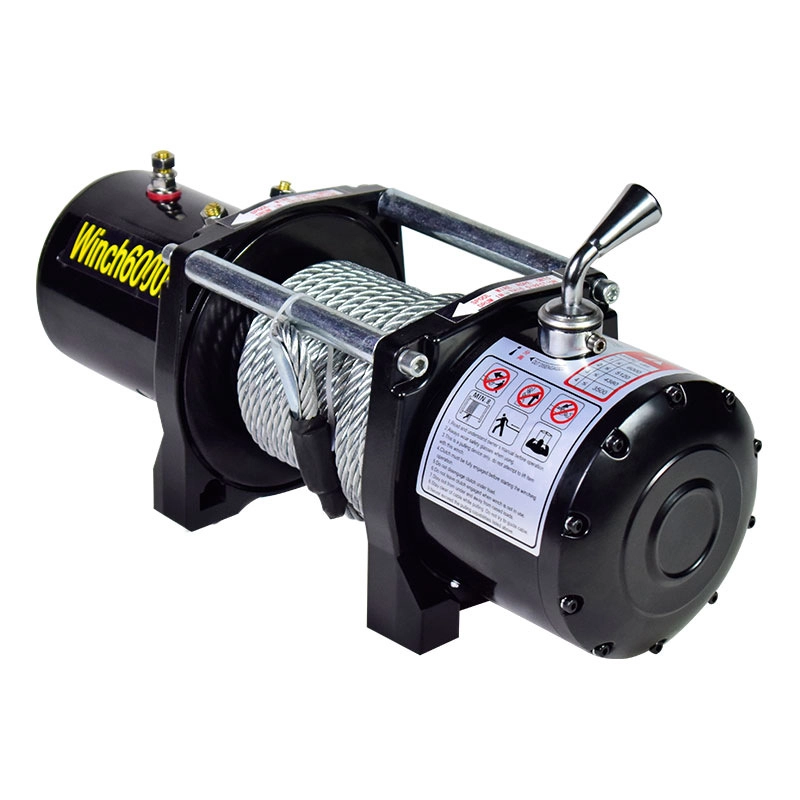
Overview of Go Trailer’s Expertise in Trailer Accessories
Go Trailer has years of experience. They produce many products for trailers. Here’s what sets them apart.
- Experience: Over 15 years in the industry.
- Products: Jockey wheels, couplers, axles, springs.
- Methods: Precise machining and cutting.
Why Choose Go Trailer for High-Quality Winches?
Go Trailer is known for quality. Their winches meet high standards. Here’s why they’re a great choice.
- Quality: Strict checks ensure strong products.
- Standards: CE-certified for global use.
Customer Support and Warranty Services Offered by Go Trailer
Go Trailer supports its customers well. They offer help after sales. Here’s what you get.
- Support: Technical advice.
- Policy: Quick fixes for quality issues.
Conclusion
The right trailer winch makes boating easier and safer. Let’s recap why it matters and what to prioritize.
Recap of the Importance of Choosing the Right Trailer Winch
A good winch is essential for boat owners. It improves loading and unloading. It also keeps things safe and efficient.
- Why It Matters:
- Makes work simpler.
- Lowers risks.
- Extends gear life.
- Risks of Wrong Choice:
- Breakdowns or safety issues.
- Slow and frustrating work.
- Solution: Consider load capacity, cable type, power source, and material quality.
Encouragement to Prioritize Safety, Quality, and Compatibility
Choosing a winch means focusing on key factors. Safety, quality, and fit are crucial. Here’s how to do it.
- Safety: Pick a winch with 1.5 times your boat’s weight.
- Quality: Choose rust-resistant materials like coated steel.
- Fit: Ensure it works with your trailer.
- Benefit: A reliable winch saves money and improves work. Trust makers like Qingdao Go Trailer Parts Company for quality.
FAQs About Choosing a Trailer Winch
Got questions about trailer winches? Here are answers to common ones. They help you make smart choices.
What is the ideal load capacity for my trailer winch?
Load capacity depends on your boat’s weight. Extra items on board matter too. Here’s how to figure it out.
- Rule: Choose a winch with 1.5 times the boat’s weight.
- Example:Boat weighs 2,000 lbs? Pick a 3,000 lbs winch.
- Why: This handles friction and ensures smooth work.
Are electric winches better than manual winches?
Electric and manual winches serve different needs. Your choice depends on your boat and usage. Here’s a comparison.
- Electric Winches:
- Pros: Simple to use, fast, great for heavy tasks.
- Features: Motor-powered, often with remote controls.
- Best For: Bigger boats or frequent use.
- Manual Winches:
- Pros: Cheaper, low upkeep.
- Features: Hand-cranked.
- Best For: Smaller boats or rare use.
How often should I maintain my trailer winch?
Regular care keeps your winch working well. Maintenance depends on use and surroundings. Here’s a guide.
- After Every Use:
- Clean dirt or salty water off cables/ropes.
- Prevents rust.
- Monthly:Check bolts, welds, hooks for wear.
- Yearly:
- Lubricate parts.
- Replace worn pieces.
- Tip: Use rust-resistant materials to reduce care needs.


